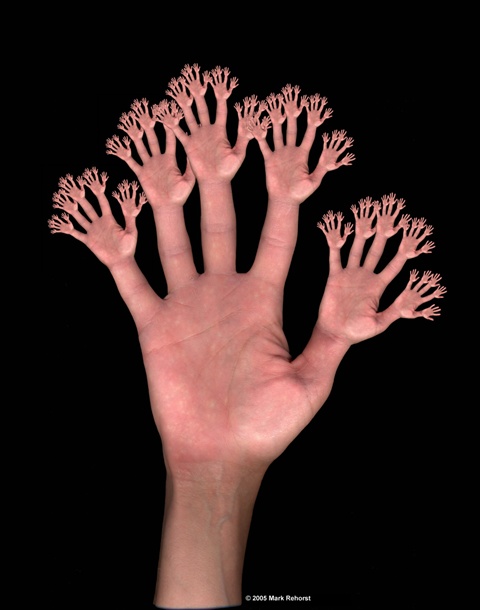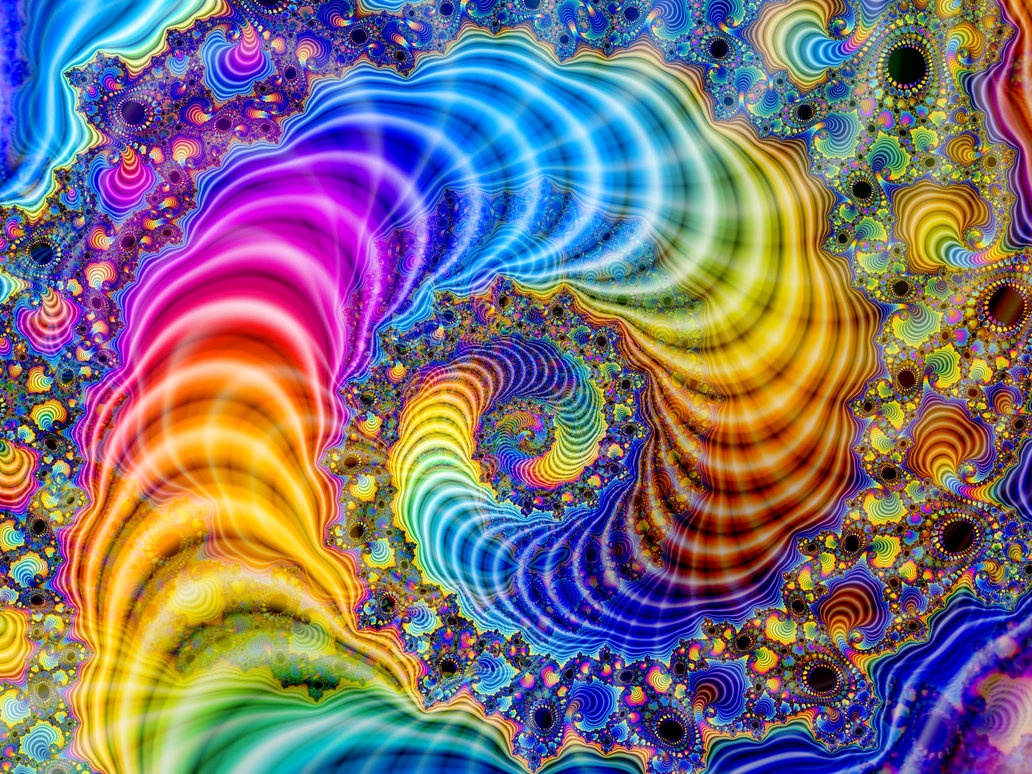A scientific astrology?
This site is dedicated to exploratory astrology. There is a lot debate about astrology, whether it is a science or not. I am not offering a "Yes" or a "No" to this question, instead I am going to present the results of my research into astrology, and
then it will be up to the reader to make his or her opinion. My research into astrology is basically the result of playing and experimenting with astrology: "What if...?" or "Suppose that..."
The problem with the ongoing debate is that there is
no such thing as an astrology, which all astrologers agree upon. In my experience all astrologers are anarchists, and each astrologer builds his or her own astrological system based partly on tradition, partly on observations and partly on intuition. Astrologers
only agree on one thing: That there is a correspondence between what happens on the sky and what happens on planet earth.
Various versions of astrology:
- Western astrology (uses the tropical zodiac)
- Indian astrology (uses the sideral zodiac)
- Chinese astrology (uses a completely different zodiac)
Various branches of contemporary western astrology:
- Psychological astrology uses astrology therapeutically (represented by e.g. Liz Greene)
- Statistical astrology strives to turn astrology into a "real" science (represented by e.g. "Correlation").
- Exploratory astrology explores astrological issues but less rigidly than statistical astrology. The aim is not recognition in the scientific community but rather improvement of astrological practice.
- Traditional astrology (relying heavily on Ptolemy and other historical sources)
- Esoteric astrology (primarily based on Alice Bailey's teachings)
Various practices of western astrology:
- Astrological character description based on the client's birth chart.
- Prognostic astrology based on the client's birth chart.
- Horary astrology based on the moment a client consults the astrologer.
- Mundane astrology deals with political issues and disasters based on the movements of the planets and their mutual aspects.
- Electional astrology is the art of choosing the right moment for starting something new.
- Synastry analyzes the relation between two individuals based on their birth charts.
As for the skeptics, the biggest problem is that they
judge astrology without making an effort to understand the subject. Many skeptics believe that astrology only consists of the most primitive and simplistic kind of astrology, which is the sun sign columns in the newspapers. Their minds are closed, because
they are limited to a certain "Newtonian" way of thinking, where astrology is thought of as a purely mechanical system. And when they fight astrology, they reveal themselves as religious or political animals rather than scientists, since they find it more
important to discard another way of thinking than exploring it - which, by the way, would be the true scientific behavior.
Here are a few theses created to fuel the debate:
- Astrology is the missing link between religion and science. In a way it is the mother of all sciences. Once this idea has been recognized, it will be possible to build a bridge between science and religion.
- It is interesting that while most scientists are hostile towards astrology, the opposite is not the case.
- Astrology is not religion, because astrologers don't make services with prayers and sing hymns to the planets the way believers of a faith make services to a god or goddess.
- Astrology is not a natural science, because only very few astrologers do scientific research or base their practice on research results performed by research astrologers.
- Astrology differs from natural sciences by the fact that astrology doesn't use "sharp" logic, instead it uses fuzzy logic. For instance, the planet Mars does not have one meaning only in a chart, as if it was a mathematical variable, instead it has many meanings without loosing its fixed contours.
- Astrology can embrace the idea that man has a soul, which is independent from the body, and survives from life to life, i.e. the idea of reincarnation. Science can not.
- Astrology can embrace the idea that the entire universe is intelligent and has a soul, and that man participates in the life of the universe. Science can not.
- You might categorize astrology as a social science, if you see its ideas as the result of a combination of quantitative and qualitative research techniques.
- Astrology is a craft, which can be practiced. Whether the results are good or bad depend heavily on the astrologer's skills. In this way you could say that astrology is an art - as the ancient greeks did, when they appointed Urania, one of Apollo's muses, to be responsible for astrology.
- Astrology differs from psychology by the fact that an astrologer can practice astrology in a way that produces precise statements regarding both material affairs and psychological matters. And while psychology aims at healing its clients, astrology isn't necessarily therapeutic.
- Astrology is not in itself a philosophy, but it may contribute to philosophy.
- Just like many seers, psychics and prophets reached their conclusions from revelations and intuitive visions, parts of astrology may be derived from the same spiritual source. This means that it is an advantage for any astrologer to live a morally "clean" life in order to be able to channel or receive spiritual insights.
- Of course it would be nice for the astrologers to receive the recognition and respect, which comes along with some sort of scientific approval of astrology, but the price may be too high, and the motives behind such a desire may be nothing else but vanity.
How does astrology work?
If you want a powerful visual demonstration of how astrology works, I suggest you google "fractal images" or "fractal art" and take a look at the images. According to a Wikipedia article on the subject, fractal art is defined as a genre of computer art or digital art, but you really do see fractal images almost every where in nature, once you start looking for them.
I love the picture of the hands with hands on each fingertip - to the right. If (as astrology indicates) everything in the world consists of combinations of only 12 vibrations, certain patterns will re-emerge over and over, no matter if you use a microscope or binoculars. It is curious that nature repeats certain forms - think about the dolphins of today and compare them with the dolphin like dinosaurs (or ichthyosaurs), which lived millions of years ago, and which have absolutely no genes in common with present days dolphins.
Copyright Eskild Rasmussen - Last updated October 8th 2015.




